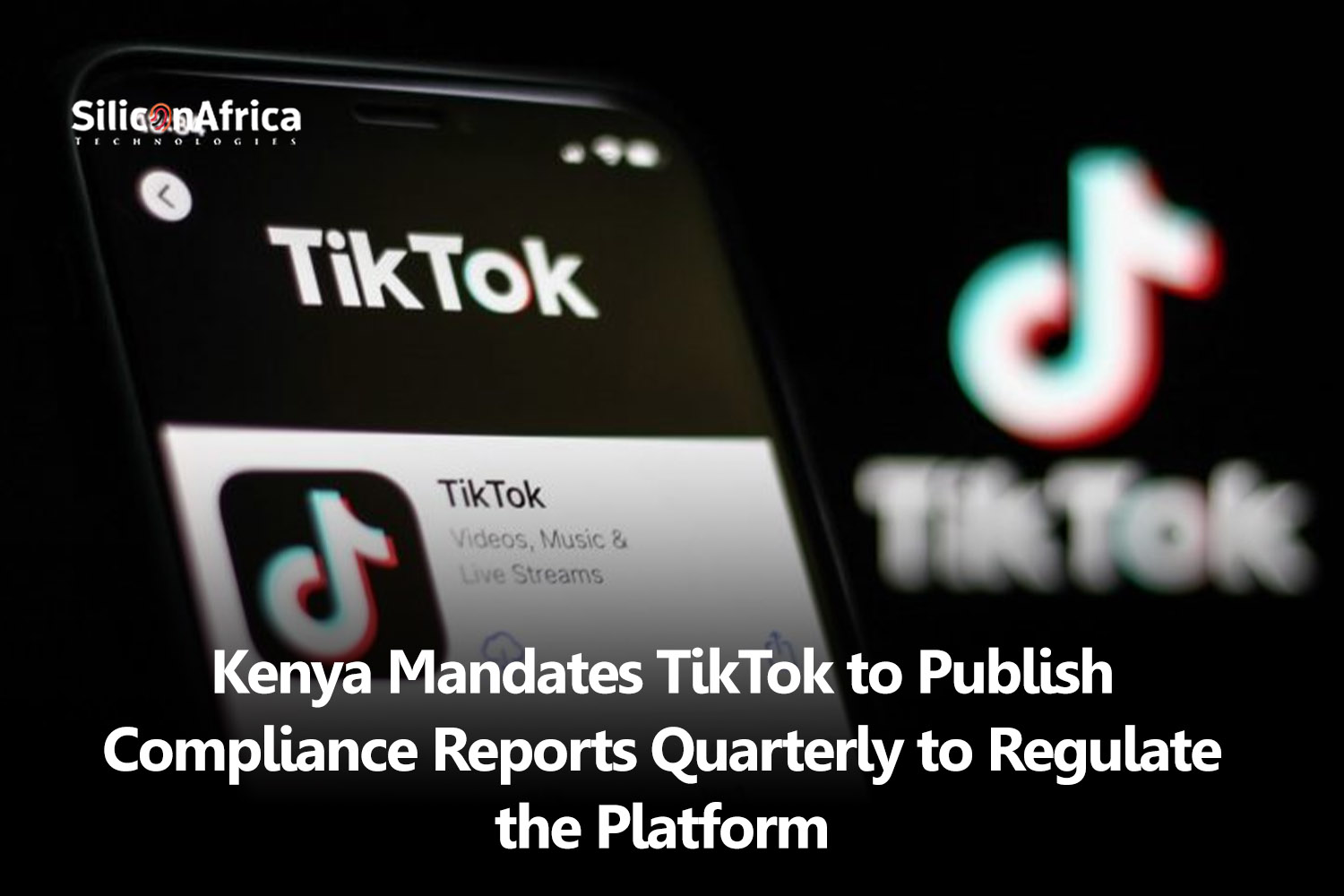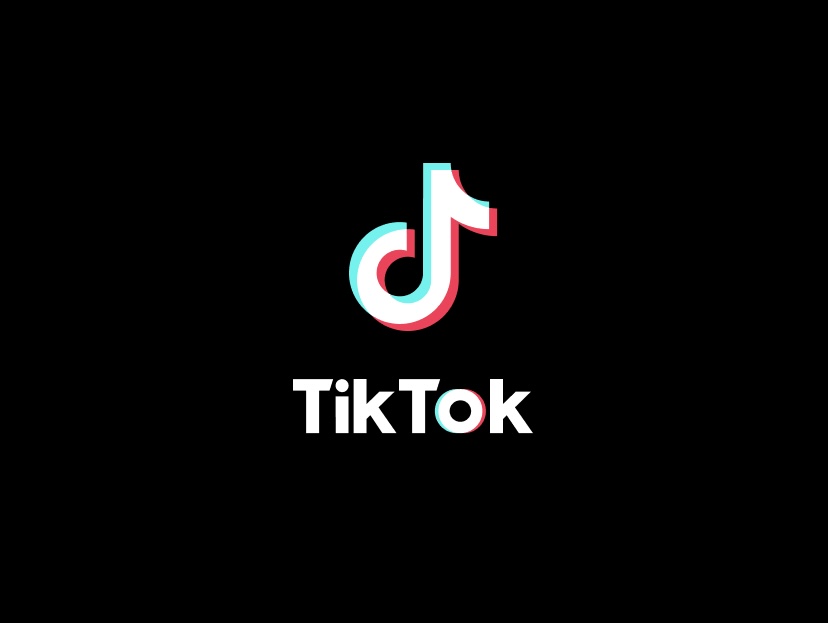Physical Address
60 Ekwema Cres, Layout 460281, Imo
Physical Address
60 Ekwema Cres, Layout 460281, Imo

Kenya has taken steps to regulate the Chinese platform, TikTok, instead of banning it. The Kenyan government has now demanded quarterly compliance reports from TikTok detailing the content removed and the reasons behind it.

The action aims to address concerns like mental health, data privacy, and online safety.
In March, Cabinet Secretary Kithure Kindiki reported to parliament concerning the issue. He said, “We are currently dealing with this matter of TikTok at the NSC. As you know, the Interior Ministry coordinates cyber security programs on behalf of the country.”
He further said, “We as the National Police Service (NPS) and National Intelligence Service (NIS) are working with the Ministry of Defence and ICT to guard our cyberspace against internal and external threats.”
Facing these issues, the government mandated a quarterly compliance report from the social media App. The country’s ICT Minister proposed this new directive to Parliament as part of the plan to deal with the negative incidents linked to the platform.
A report released by Reuters Institute Digital News showed Kenya led in the use of TikTok, with 54 percent of the sampled population using it for general purposes and 29% relying on the platform for news. It reveals how relevant and popular the platform is to Kenyan youths.
According to the ministry, the quarterly report demand was a more reasonable response than banning TikTok from the country altogether.
ICT Principal Secretary John Tanui spoke to the legislators concerning the new directive. He stated, “To necessitate easy community reporting, TikTok is required to share quarterly compliance reports with the ministry. These reports will clearly show content taken down and reasons for the same. I urge that we choose regulation instead of a complete ban, and seek your support towards the proposed regulations.”
Tanui emphasized the importance of regulation over a complete ban. He also stated that banning the platform would cause more harm than good. This is because millions of Kenyan youth and entrepreneurs rely on TikTok for income through content creation and business advertising. A ban would hinder the income generated through the TikTok route.
The quarterly report is the start of a bigger plan by the government to regulate social media platforms, especially TikTok. The report will address concerns on addiction, mental health, data privacy, misinformation, child online safety, and data security.
TikTok has turned out to be a sensation amongst the Kenyan youth but like in other parts of the world, it has attracted criticism amid calls to ban it. Countries including India, Australia, Belgium, Canada, France, New Zealand, and the UK have banned TikTok.
Meanwhile, TikTok has also been making moves to address the issues. It has partnered with the African Union Commission’s Women, Gender, and Youth Directorate (WGYD) to raise awareness of online safety among African youth and parents.
However, amidst its positive impact, the social media platform has been banned in many African countries. The countries include Senegal and Somalia, as well as non-African countries such as Canada, Afghanistan, the United States, and India.
You can check out other useful content by following us on X/Twitter: @siliconafritech.
Instagram: @SiliconAfricaTech.
Facebook: @SiliconAfrica